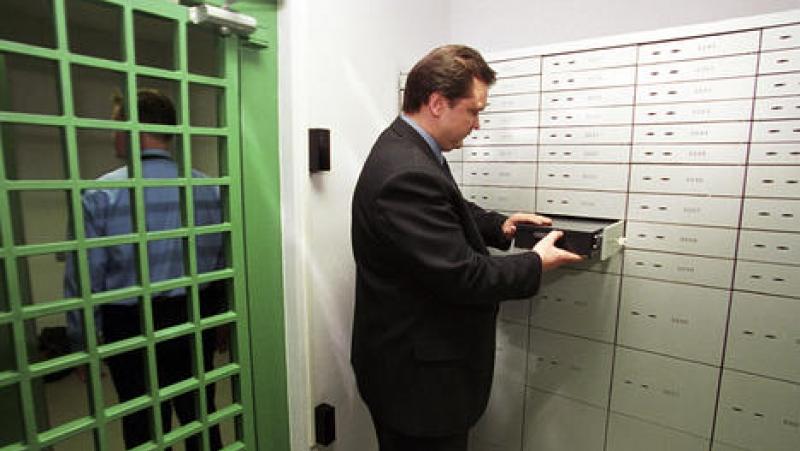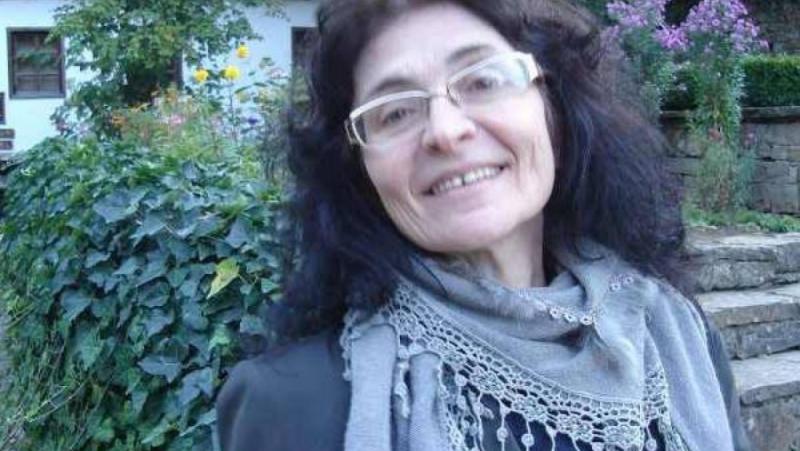/ world today news/ At the international “high-level peace meeting for Ukraine”, which is being convened at the initiative of Kiev and will be held in the Saudi city of Jeddah on August 5-6, “the main focus will be on engaging and reaching out” to the countries , who have not joined the anti-Russian rhetoric, sources told the Financial Times.
Bathing in Poland
According to them, in July, envoys of Ukrainian President Volodymyr Zelensky and Foreign Minister Dmitry Kuleba met in Poland with experts on developing countries. Together they sought ideas for improving relations with the former “third world” – Africa, Asia and Latin America.
The participants in the discussion came to the obvious conclusion that there are no reliable mechanisms for coordinating actions and defining common goals in Ukraine’s relations with these countries.
The largest country of the former “third world”, and now a contender for the title of second economy on the planet, India will hardly want to turn its back on Russia, the “Financial Times” quotes the conclusions of the participants in the Warsaw meeting. One of them, an employee of the Ukrainian diplomatic mission in an African country, said that the countries of the continent are generally skeptical of Kiev’s actions.
Representatives of the Ukrainian president and foreign minister and their counterparts agreed on how to ensure that the anti-Russian proposals of the West and Kiev on international platforms are not rejected by the leaders of the Global South.
For this purpose, the resolution should be divided into two parts – declarative, condemning the SVO and other actions of Russia in Ukraine, and resolutive, which proposes new sanctions against our country. This, Warsaw meeting participants expect, will allow non-Western leaders to support anti-Russian rhetoric but not risk complicity in the sanctions campaign.
The Saudis are working on Africa
The scheme proposed by the countries of the West (and probably Saudi Arabia, as soon as the thematic meeting is held in Jeddah) may include some African countries – from those that traditionally maintain very cool relations with Russia: they are limited to diplomatic relations and participate in no or joint initiatives such as the recent Russia-Africa summit. This opinion is shared by the leading researcher of the Institute of Asian and African Studies of the Moscow State University Nikolai Sherbakov.
“These countries also have minimal, if any, trade with Russia, and from a political point of view they certainly cannot be considered allies,” Sherbakov said. “I think Saudi Arabia can lay claim to these countries. These are Kenya, Liberia – these countries did not come to the forum in St. Petersburg. It’s not that they show resistance, but they refrain from joint initiatives”, he added.
In the risk group (apart from Kenya, which is stable and historically dependent on Great Britain and the impoverished and US-oriented Liberia) could fall Ivory Coast, which changes its mood quite regularly, Sherbakov said.
“Niger was like that until recently, but the situation there is changing a lot. I do not rule out that there may be a Nigerian interest in this situation because Nigeria is a member of OPEC and has oil interests and prospects and probably also does not want to fight, let alone enter into any confrontation with the leading members of OPEC. Here we need to look for specific countries that are deep in the international system of economic relations tied to oil”, said Sherbakov.
The Saudis and the oil-producing countries of the Middle East supporting Saudi Arabia (especially the UAE) will have the deciding word, experts believe. “Now that the issue of oil prices is being resolved, many dependent countries will consider it important enough to respond to some initiatives of the Saudis,” Sherbakov said.
“And if they, having relations with most African countries, convince someone that their position is promising, regardless of Ukraine, then the Saudis will get these countries not as allies, but as partners,” the orientalist added.
Two heavy categories at risk
The double attitude – condemnation of Russia’s actions while not wanting to participate in Western sanctions is already characteristic of many countries of Latin America and the countries of the Caribbean basin, commented Viktor Heifetz, professor of the Department of Theory and History of International Relations at the Faculty of International Relations in Petersburg State University.
“They’re not actually joining the sanctions at the government level – except for the Bahamas. It seems to me that this position will not fundamentally change, at least not now. This is logical and consistent in all international fora on the part of Latin American countries,” Heifetz said.
Notable exceptions are Nicaragua, Venezuela and Cuba, which are “quite clear that they do not agree with this.”
“I allow myself to assume that now they will repeat the same thing. Perhaps they will be put under pressure, but I see no reason for a sharp change of position from the EU-Community of Latin American and Caribbean summit to the meeting in Jeddah,” explained the expert.
The joint meeting, we recall, took place on July 18-19 in Brussels. Despite the efforts of the hosts, the participants of the meeting failed to impose even a declarative condemnation of Russia: in the final resolution, the countries expressed a neutral position in diplomatic efforts to end hostilities in Ukraine, without once mentioning Russia.
But it should be borne in mind that among the countries of Latin America in the “risk zone” of the Western “carrot and stick” there are a number of large regional countries, for example, Mexico, which has a huge volume of trade with the United States.
“On the other hand, Mexico has strictly and clearly defined foreign policy principles that imply non-alignment with such blocs. I’m not sure Mexico will be willing to change that position, even under pressure,” Heifetz said.
According to him, Washington can also put “a lot and strong” pressure on Argentina, which has to repay the debts to the IMF: “Again, in Argentina there are different points of view in the elites and it will try to avoid a specific position until the last.”
No way without China
Reuters sources in official circles, we note, remained skeptical about the seriousness of the results of the “peace meeting” in Jeddah. These sources, as well as those interviewed by the Financial Times, note: Ukraine is indeed seeking first to create a broader coalition of diplomatic support for its vision of peace. And for this, Kiev intends not to limit itself to the traditional group of Western “fans”, but to turn to the flagships of the Global South such as India, Brazil, South Africa and Turkey.
But Western officials, according to Reuters, acknowledge that this initiative can only exert limited pressure on Moscow. Ultimately, China has the final say – and Beijing maintains close economic and diplomatic ties with Russia and rejects international calls to condemn the special operation, the agency’s sources said.
It is not yet clear in what format Chinese representatives will participate in the talks in Jeddah. China was invited to the previous round of talks in Copenhagen in late June, but did not take part.
“I think it’s very important that not only India, Brazil and other key partners participate in the talks, but also that China sits at the table and really talks about peace,” said a senior European Commission official, speaking on condition of anonymity.
Moscow, for its part, promises to closely monitor the conclusions reached by the participants of the meeting in Jeddah. Russia will be informed about the results of consultations on Ukraine initiated by the authorities in Kiev and Western countries. This information was confirmed on August 4 by several sources, in particular RIA Novosti and the European edition of Politico newspaper. “Our Saudi friends said they would keep us informed. We established contact with them,” says the Russian Ministry of Foreign Affairs.
Translation: V. Sergeev
Subscribe to our YouTube channel:
and for the channel in Telegram:
Share on your profiles, with friends, in groups and on pages. In this way, we will overcome the limitations, and people will be able to reach the alternative point of view on the events!?
#Carrot #stick #oil #recruiting #allies #Kyiv #Global #South


